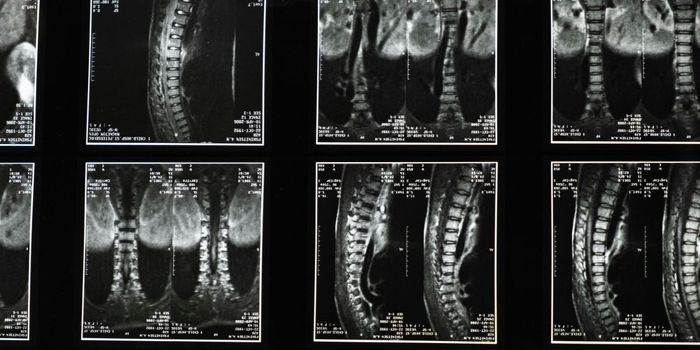Think you can pay back your sleep debt this weekend? Think again.
Even before COVID-19, millions of people suffered from sleep disorders, from insomnia to interrupted sleep. The pandemic has generated a surge in such disorders, which can generate or exacerbate health problems, such as obesity and anxiety. New sleep research from the University of South Florida contributes to the growing body of knowledge about the importance of sleep to our health and well-being. More specifically, the research suggests that even one night of sleep loss negatively impacts our ability to function the next day. So, the idea of catching up on sleep over the weekend does not retroactively make you feel less lousy.
The study focused on the effects of sleeping fewer than six hours a night for eight consecutive nights. Lead author, Soomi Lee found that the negative effects of sleep loss increased daily until the third day, after which the body adjusted — but does not recover. By the sixth consecutive day of sleeping fewer than six hours each night, however, study participants reported the most severe symptoms. Feelings like anger, loneliness, and frustration increased or intensified, as did, for example, gastrointestinal and upper respiratory issues.
Researchers studied data from almost 2,000 middle-aged, relatively healthy adults. The participants recorded their behaviors over eight consecutive days. Mood, energy, and daily functioning were all impaired. Lee concluded that breaking the “vicious cycle of sleep loss may protect daily well-being in adults whose sleep time is often compromised.”
Sources: American Sleep Association, American Psychological Association News, ScienceDaily.com, Annals of Behavioral Medicine









